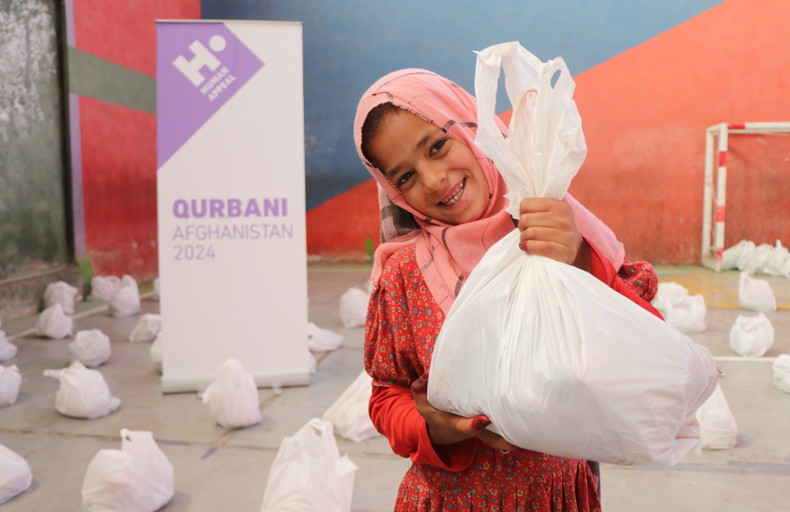Your Final 10 Nights for Gaza – Automate your charity in the blessed last 10 nights of Ramadan.
Schedule your donationsYour Final 10 Nights for Gaza – Automate your charity in the blessed last 10 nights of Ramadan.
Schedule your donationsYour Final 10 Nights for Gaza – Automate your charity in the blessed last 10 nights of Ramadan.
Schedule your donationsYour Final 10 Nights for Gaza – Automate your charity in the blessed last 10 nights of Ramadan.
Schedule your donations1st August 2019

Eid al-Adha begins on Thursday 5 June at sunset. Eid prayer is on Friday 6 June, and the last day of Eid is Monday 9 June.
The Day of Arafah is Thursday 5 June – don’t forget to fast this day as an expiation for two years of sins.
Eid al-Adha is one of the two blessed Eids that Muslims celebrate. It’s the second, longer Eid – lasting four days – and coincides with the end of the Hajj pilgrimage.
It commemorates the sacrifice made by the Prophet Ibrahim, on him be peace, who was willing to obey The Most Merciful and sacrifice his beloved son Ismail (AS), on God’s command. At the last moment, Ismail was spared and a ram was sacrificed in his place.
Today, Muslims around the globe slaughter an animal and share the meat with vulnerable people to honour Ibrahim and Ismail’s (AS) submission to God, an act that is also a sunnah of the Messenger ﷺ.
Ensure you fast the day before – Fasting on the day of Arafah expiate sins for two years. You can also follow the sunnah of the Messenger ﷺ by following these steps on Eid day.
Make ghusl
Wear your best clothes
Eat dates as a breakfast before Eid prayer
(For men) apply attar or a fragrance to smell pleasant during Eid prayer
Recite the takbirat of Eid on your way to the mosque and at the mosque.
Pray Eid prayer in congregation
Greet friends and family with ‘Taqabbal Allahu mina wa minka’
Take a different route to and from Eid prayer
Perform your Qurbani. Donate yours ahead of time as it must be sacrificed on the days of Eid.
Give other forms of charity on the day of Eid.